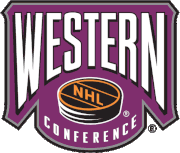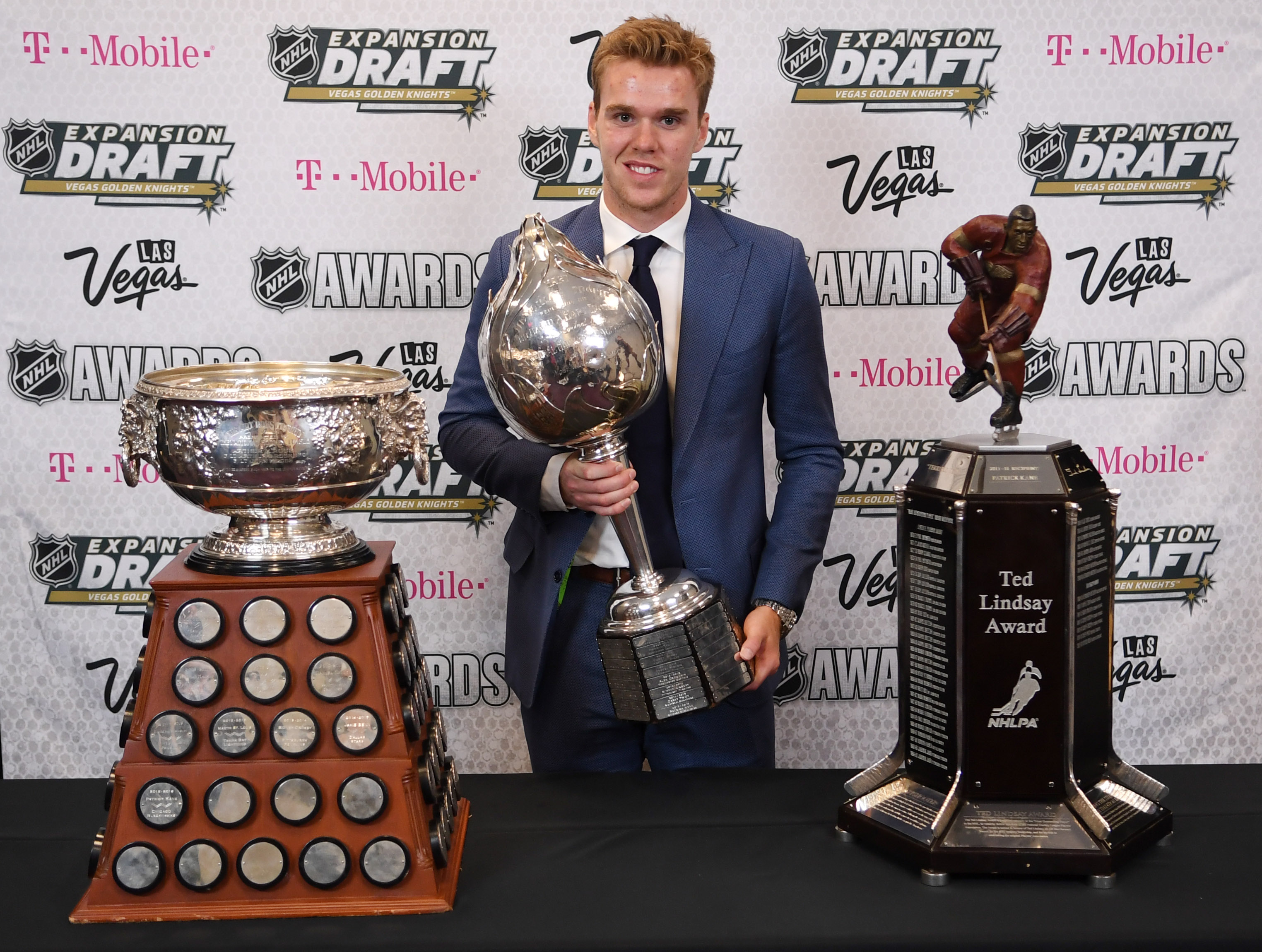
Monday night in the Kings vs. Leafs game in Toronto, Jonathan Quick was clipped in the head by Leafs forward Zach Hyman and went down after his head snapped back (https://twitter.com/JeffVeillette/status/922615095494049792). The play ended and Quick stayed in the game for few shifts, that was until the concussion spotters decided to pull him from the game. This was initially weird to me because the play had happened several minutes prior, and if they were worried about a concussion he should have been pulled immediately. Even weirder, Quick returned to the ice seconds later after the quickest concussion test in history, and took the Kings crease without missing a shift. After a few seconds of confusion from both teams, Quick was forced out of the crease and on the bench for a mere 1 shift, returning to the game after one stoppage of play. As this bizarre sequence of events unfolded, I asked myself: what exactly do the NHL concussion spotters do? Or more importantly, what authority do they have to pull players from the game?
Concussion spotters were introduced to the NHL last season, with the "supposed" responsibility of being able to notice players with potential concussion symptoms and pull them from the game for evaluation. I say supposed because scenarios like the above on Jonathan Quick continue to happen since the NHL introduced the spotting program, where NHL coaches and teams ultimately make the final decision despite what the spotters have to say. Flash-back to the 2nd round of the playoffs last season, game 6 Penguins vs Capitals, Sidney Crosby went head first into the boards and looked visibly shaken up (https://twitter.com/Sportsnet/status). After all, he had suffered a concussion only a week prior and missed one game in the series already, so this had to be even scarier for Penguins fans. And yet? Nothing from the concussion spotters, who supposedly didn't have the authority to pull the Penguin's Captain from the game. Didn't have the authority to pull a player from the game who had a concussion the week before, has had more than 4 concussions in his career prior (including 2 that season), and after a very blatant injury to his head. This leads me to my next question, does the NHL care about the safety of their players?
I write about this subject very passionately because I myself have suffered 3 concussions in my life, 2 from hockey, including one in June of 2016 that took 14 months to recover from. I can tell you first hand from my experience why concussions are not something to just brush off lightly, and yet I continue to see these issues on the big stage in professional sports and it really upsets me. These are professional athletes and role models for millions people, and promoting safety within the game of hockey is something that is far too often overlooked. There is no question hockey is a violent game, and injuries are impossible to prevent all together. But the harsh reality is the NHL doesn't do enough to prevent concussions, and the way the concussion protocol has been enforced has been embarrassing to say the least. The players, the fans, and hockey players around the world deserve better, and that's why changes need to happen what the concussion spotters can do.
If I could change the NHL concussion protocol:
-Concussion spotters would be given full power to pull players from the games, and that means having the ability to override the coaches/players decision.
-Any player that is injured in the head, or takes an obvious shot to the head and shows signs of a possible concussion should be immediately pulled from the game for evaluation.
-That player must pass a baseline concussion test (with the appropriate time in the "dark room") and be approved by the spotter before returning to the game.
-Any players that have been pulled from the game, whether they return or not, will be evaluated after the game. Concussion symptoms can intensify with 24-48 hours, and it's important to follow-up with that player even if they showed no immediate signs of a concussion.
The main emphasis of these changes is having the power to pull players from the game if the spotters suspect a concussion, regardless of who it is or what time of the game it may happen. Unfortunately injuries are impossible to predict, but why should a player's long-term health and safety be at risk for a short-term gain? A player or coach might be pissed they are being pulled from the game, as evident in the Jonathan Quick situation tonight, but being angry shouldn't override being cautious and safe. It doesn't make sense to have concussion spotters at the arena if they are going to decide to pull a player from the game but can't get the power to do so from that team, or else they are simply spectators like the rest of the paying fans in the arena. The NHL owes it to their players and fans to do better, be more cautious, and re-think the concussion protocol and how concussion spotters are used at NHL games. My opinion might be irrelevant to some, but as a diehard hockey fan who's also suffered from concussions I simply want people to have the freedom to play the game at all levels safely.
-Joel Forman - The Forman Faceoff



